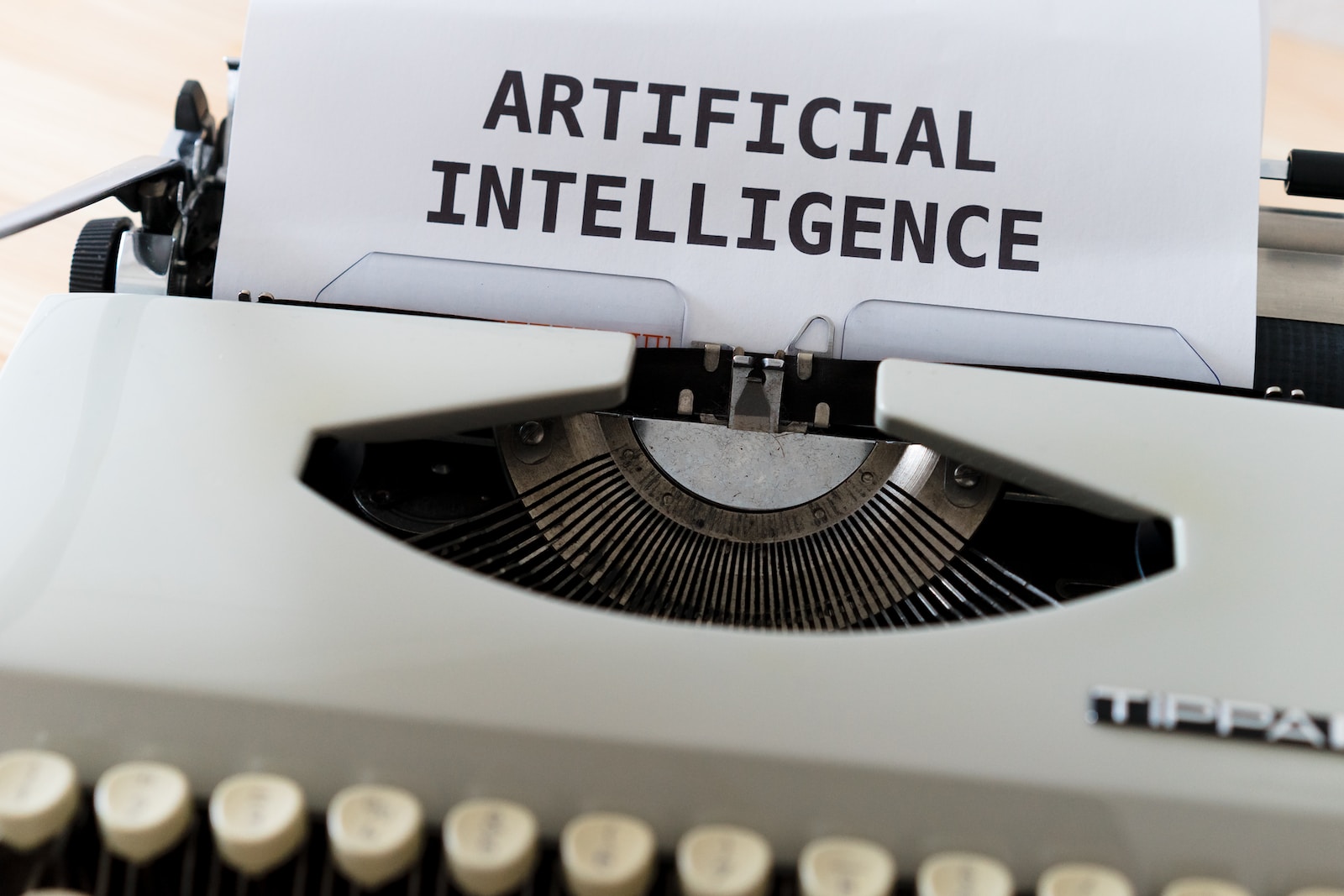The possibility that artificial intelligence can “guess” the future is a complex and multifaceted topic.
The quick answer is no, of course, but if we think of the future as the result of statistical events, things get complicated.
There is a project, carried out by researchers at the Technical University of Denmark, that is capable of making predictions based on statistical patterns extracted from large volumes of data.
Key aspects of the project that “guesses the future”
- Transformers and Deep Learning : The deep learning architecture known as “transformer” has made it possible to train models on much larger amounts of data than previous algorithms. This has led to a significant leap in the predictive capabilities of AIs.
- Comprehensive Database : The model was trained with an extensive database collected by the Danish government, including health, socioeconomic and other personal data of all Danish citizens between 2008 and 2020.
- Life Sequences for Training : The data was organized into “life sequences,” allowing the model to predict future events in a similar way to how AI chatbots predict the next word in a text.
- Results and Accuracy : The model demonstrated high accuracy in predicting life events, such as the probability of death in a given period, surpassing state-of-the-art models by 11%.
- Potential and Scope : Beyond predicting specific events, the model has the potential to make all kinds of predictions about people’s lives, a significant advance over previous models that focused on specific questions.
The artificial intelligence developed in this project can predict a variety of events in people’s lives using registration data on residence, education, income, health and working conditions. Here is a list of possible predictions this type of AI could make:
- Remaining Life Time : Estimate the probability of death of a person in a given period of time, based on factors such as socioeconomic status, health and working conditions.
- Career Path : Anticipate career changes, such as promotions, industry changes, or likelihood of unemployment, based on education and work history.
- Educational Development : Predict educational success or the probability of continuing higher education, based on academic history and socioeconomic environment.
- Health and Medical Diagnoses : Estimate the risk of developing certain diseases or health conditions based on medical histories and lifestyles.
- Change of Residence : Plan for possible moves or changes in the place of residence, based on the work, family and economic situation.
- Future Economic Situation : Evaluate the probability of changes in economic status, such as an increase or decrease in income.
- Living Conditions : Predict changes in living conditions, such as the need for social assistance or changes in living standards.
- Social Risks and Opportunities : Identify risk factors or potential for social development, including the impact of social networks and professional connections.
- Impact of Life Decisions : Evaluate how certain decisions, such as changing jobs or moving to another city, could affect different aspects of life.
- Mental Health Risks : Predict the likelihood of facing mental health problems, based on medical history and living conditions.
Implications and ethical considerations
This type of research raises important questions about privacy and people’s ability to control their personal information. Tech companies are already using similar technologies to track social media behavior and create detailed profiles to predict and potentially influence user behavior, and that is currently not heavily regulated.
Given the rapid evolution of AI, it is crucial to start public debates about what types of AI-powered predictions should be allowed in both the private and public spheres.
Although AI can make astonishingly accurate predictions based on data, it is important to differentiate between “predicting” and “guessing.” AI predictions are based on statistical patterns and correlations and are therefore subject to limitations and biases inherent to the data on which they are trained. Always remember that the interpretation and ethical use of these predictions are crucial aspects that require careful consideration and public debate.
More Information at dtu.dk


